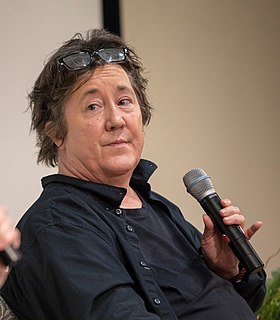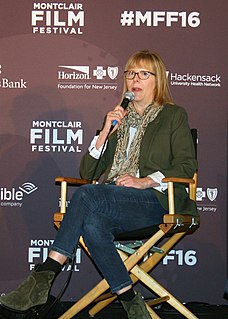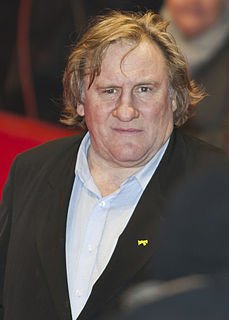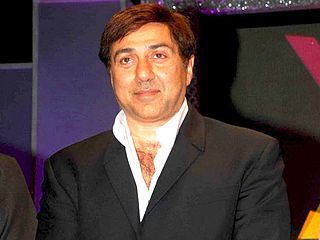A Quote by Christine Vachon
There were Hollywood movies and then there were those aggressively anti-narrative films that they showed at the Collective for Living Cinema.
Related Quotes
I think Hollywood has gone in a disastrous path. It's terrible. The years of cinema that were great were the '30s, '40s, not so much the '50s...but then the foreign films took over and it was a great age of cinema as American directors were influenced by them and that fueled the '50s and '60s and '70s.
I remember when I was younger, and in school, our teachers showed us films of plastic in the ocean, starving polar bears and so on. I cried through all the movies. My classmates were concerned when they watched the film, but when it stopped, they started thinking about other things. I couldn't do that. Those pictures were stuck in my head.
Richard Donner made great movies. Seminal movies. The Academy, though, and we have to be careful here, should recognize popular films. Popular films are what make it all work. There was a time when popular movies were commercial movies, and they were good movies, and they had to be good movies. There was no segregation between good independent films and popular movies.
From a young age, [James Baldwin] was watching all those different films. He's watching John Wayne killing off the Indians. He came to the point that the Indians were him. You had to educate yourself because the movies were not educating you. The movies were giving you a reflection of you that was not the truth. That's the trick. The movie was also giving a reflection of what the country is. Basically, a country that wanted itself to be innocent. That's the ambivalence of Hollywood.
We were film geeks. We devoured everything: really obscure art films, foreign films. We were the kind of guys that lived at the Cinematheque. But at the end of the day, your favorite movies are like everybody else's favorite movies. Because those are the movies that become a touch point where you can connect to other people.
I could never be Charlie Chaplin. But the films that were made by people like him, or Gene Wilder, or John Candy, the people that inspired me so much were the people that were able to combine humor with heartbreak so beautifully and fluidly. Those films I think were what inspired me to want to come to L.A. and audition for movies.
I studied cinema at the university so I had a very classical approach to it. I studied all those silent films, and then the films from the 1940's, the Nouvelle Vague, the late Hollywood films. Now I realize, as a young actor, that it's one of my duties to actually be aware of what is today's industry and today's next big directors.
When it was first optioned, I was told that the chances of The Basic Eight becoming a film were slim because no one was making teen movies, and then later, I was told that the chances were slim because there were so many teen movies, and then I was later told that the chances were slim because teen films were over. I'm not sure when the magic window of opportunity was, but perhaps it's still on the horizon.
My production company wasn't doing well, so we were not producing films. Over a period of time, we have realized that we are going to produce our own films and make cinema that we like. We've got so much in-house talent, and my kids are going to be coming, so we all decided that we are going to be in films and cinema.




































